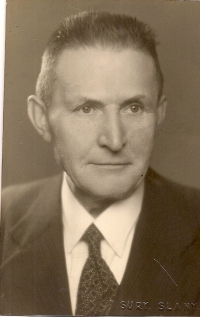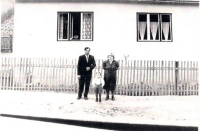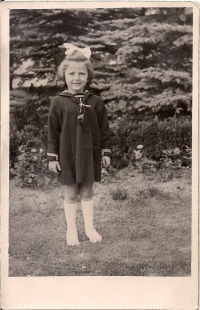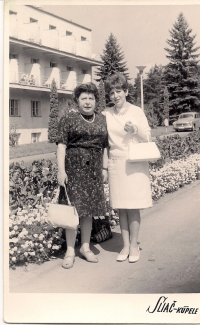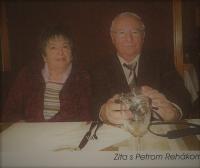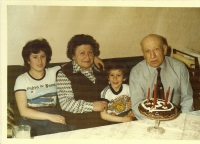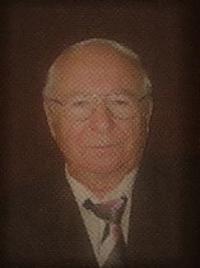The“Law and Order deserved not only parents, but the whole village, which was

Download image
Peter Rehák was born 5. 6. 1938 in Brno. Highest level of education is Engineer of CTU in Prague. After graduation, he was employed in a short time in Zbrojovka Brno, ČKD Praha, where he was forced to leave in 1968 after kádrových interviews. 3 years in the Czech Catholic charity, where he went to, where he worked until after 89 health privatizovalo. After retirement to 70 years in the firm of Arion. In the second world war war family of Kubrica Rehákových in Slovakia. Parents hiding Jewish girl - infants whose parents were deported to the concentration camp. Rehákovi in 2013 were posthumously honored the highest Jed and your the” Law and Order.” With Jewish girl Zitou Lövenbainovou Peter Rehák still friends.
